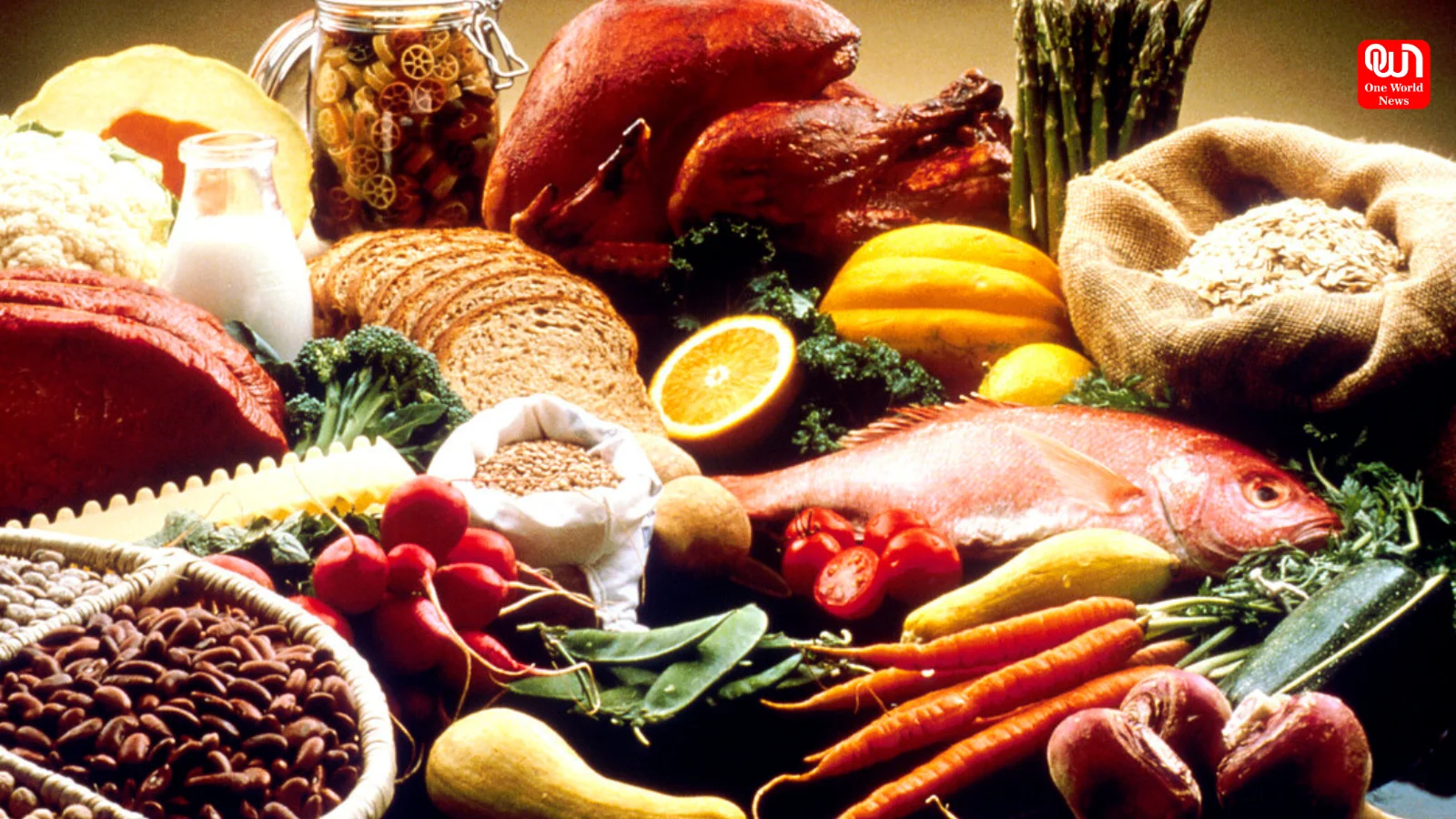Food Innovations: Redefining Health, Convenience, and Cultural Engagement
Innovative food trends are reshaping health, convenience, and cultural experiences, revolutionizing how we nourish, connect, and enjoy food.
How Food Innovations Are Shaping the Future of Health, Convenience, and Cultural Experiences
Food Innovations: The food and beverage industry is witnessing revolutionary change, driven by both the technological and consumer-facing implications of technological change and the greater recognition of health and sustainability in the marketplace. This has radically changed how we think about food—less as a source of sustenance and more as a driver for convenience and cultural identity.

Read more: Cultivating Emotional Intelligence: Practical Steps for Daily Life
Food as a Catalyst to Wholeness
Food Innovations: Food is increasingly seen as a way of nurturing wholeness. As per Anubhav Agarwal, MD and CEO, BN Group, “Food innovation is at the heart of shaping the future of health and wellness.” This is clearly observable in the edible oil sector, as recent technological breakthroughs such as precision blending have made it possible to produce oils that are specially suited to specific health requirements. These oils promote cardiovascular health, augment immunity, and generally raise fitness levels, making them so much more than just cooking essentials.
Modern edible oils now have balanced fatty acid profiles that include essential nutrients, such as Omega-3 and Omega-6, and MUFAs. These new blends are changing the culinary dynamics by ensuring that every meal is a pathway to wellness. “These breakthroughs enable us to think way beyond taste and focus on nutrition impact of everyday cooking,” Agarwal observes.
Other advancement areas in technology include oil absorption technology that prevents calorie intake during cooking yet with no compromise on flavor. Such a combination of science and tradition is forming a future whereby food products are customized for each specific lifestyle and health goals.
Transforming Food Delivery
Convenience is a defining characteristic of the food culture of today, and the food delivery business is rapidly evolving. Mihir Wakharkar, Business Head, Online D2C at Rebel Foods, explains how quick commerce is changing the delivery experience. “Lightning-fast delivery times of 10 to 15 minutes are transforming how people plan meals and satisfy cravings,” he says.
Transparency is becoming the need of this ecosystem as consumers want to know where their food comes from and how it is prepared. Real-time kitchen insights, ingredient sourcing, and chef interactions are bridging convenience with trust. Cloud kitchens supported by technology are playing a pivotal role in offering traceability and enhancing consumer confidence.
read more: Inner Peace and Outer Transformation: Remaking Yourself After Addiction
AI-driven tools and predictive analytics are further refining the delivery experience by optimizing logistics and anticipating customer preferences. Sustainability is another focal point, with innovations like reusable packaging and eco-friendly supply chains addressing environmental concerns. “The future of food delivery isn’t just about speed—it’s about building a sustainable and trustworthy ecosystem,” says Wakharkar.
Culinary Experiences as a Cultural Expression
Food is no longer just a means for sustenance; it has gradually become a canvas for cultural experimentation and personal expression. Dhruv Kohli, founder of Boba Bhai, believes that in food innovations, people are designing immersive experiences that speak to present-day consumers. ” People, especially Millennials and Gen Z, are looking for more than a meal—they’re looking for moments worth sharing,” he explains.
The rising pattern is visually appealing, Instagrammable dishes and interactive dining experiences. This range varies from fusion cuisines like kimchi tacos, boba teas, to the awareness of food successfully breaking cultural boundaries and blending traditions with modern tastes.
Customization is another trend that is pivotal. Diners want to have more control over their meals, from choosing toppings to experimenting with fusion dishes. Kohli emphasizes that food is about connection, whether it fosters social bonding or serves as a cultural exploration. Brands are using this by integrating technology with culinary creativity to deliver personalized and memorable experiences.
A Glimpse into the Future
The future of food is a blend of health, convenience, and culture. With innovations such as nutrient-rich edible oils, ultra-fast delivery, and culturally inspired flavors, the industry is transforming to meet the needs of modern consumers. “The goal is to create meals that are not just nourishing but also impactful, leaving lasting impressions,” says Kohli.
Food innovation from helping with global health challenges through transforming the way we dine food has led the way toward choices that are smarter, healthier, and more enriching. In time, these will have come to re-shape how we might consider food-as nourishment, convenience, and art-form between humans and between us and nature.
We’re now on WhatsApp. Click to join.
Like this post?
Register at One World News to never miss out on videos, celeb interviews, and best reads.








